Twelve scientists at the University of Illinois Urbana-Champaign have been named to the 2025 Clarivate Analytics Highly Cited Researchers list. The list recognizes researchers and social scientists who have demonstrated exceptional influence, as reflected through their publication of multiple papers frequently cited by their peers during the last decade.
The highly cited Illinois researchers this year are: natural resources and environmental sciences professor Kaiyu Guan; materials science and engineering professor Axel Hoffmann; climate, meteorology and atmospheric sciences professor Atul Jain; plant biology professor Tracy Lawson; plant biology and crop sciences professor emeritus Donald Ort; psychology professor Brent Roberts; Siebel School of Computing and Data Science professor Jimeng Sun; cell and developmental biology professor Boxuan Zhao; chemical and biomolecular engineering professor Huimin Zhao; and civil and environmental engineering professor Lei Zhao.
This year's list also includes psychology professor emeritus Ed Diener and plant biology and crop sciences professor Stephen P. Long, both of whom are deceased.
"Highly Cited Researchers demonstrate significant and broad influence in their field(s) of research," Clarivate Analytics reports. "Each researcher selected has authored multiple highly cited papers, which rank in the top 1% by citations for their field(s) and publication year in the Web of Science Core Collection over the past eleven years." Other metrics and qualitative analyses are also used to compile the list. This year, 7,131 researchers are on the list.
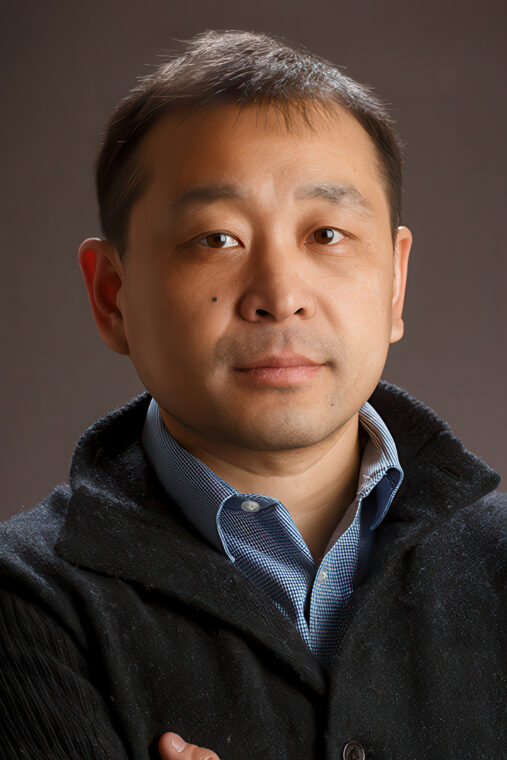
Guan works to ensure sustainable food production and develop solutions to address environmental challenges in agriculture, focusing on agroecosystem modeling, remote sensing, environmental forecasting and agricultural adaptation to climate change. He is the founding director of the Agroecosystem Sustainability Center; a professor of computing and data science; a professor in the Institute for Sustainability, Energy, and Environment; a Blue Waters professor at the National Center for Supercomputing Applications; and an affiliate of the Carl R. Woese Institute for Genomic Biology.
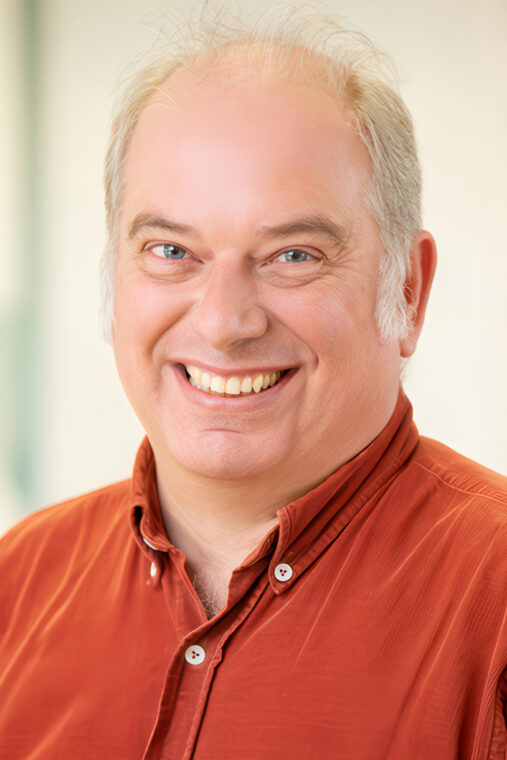
Hoffmann's research focuses on topics related to magnetism, such as spin transport, magnetization dynamics and biomedical applications. His work on spin Hall effects has contributed to developing spintronics, electronic devices that harness electron spin for faster and more efficient computing. He also is a professor of electrical and computer engineering and physics and is affiliated with the Holonyak Micro and Nanotechnology Lab. He is the Founder Professor in Materials Science and Engineering, the director of the Illinois Materials Research Science and Engineering Center and a member of the Materials Research Laboratory.

Jain's research expertise is in building and applying the climate modeling systems necessary to understand and quantitatively predict the bidirectional interactions between human activity and the global climate system. He contributes to major assessments of the Intergovernmental Panel on Climate Change. He also is affiliated with the U. of I. Center for Global Studies, the Center for South Asian and Middle Eastern Studies and the University of Illinois System's Discovery Partners Institute.
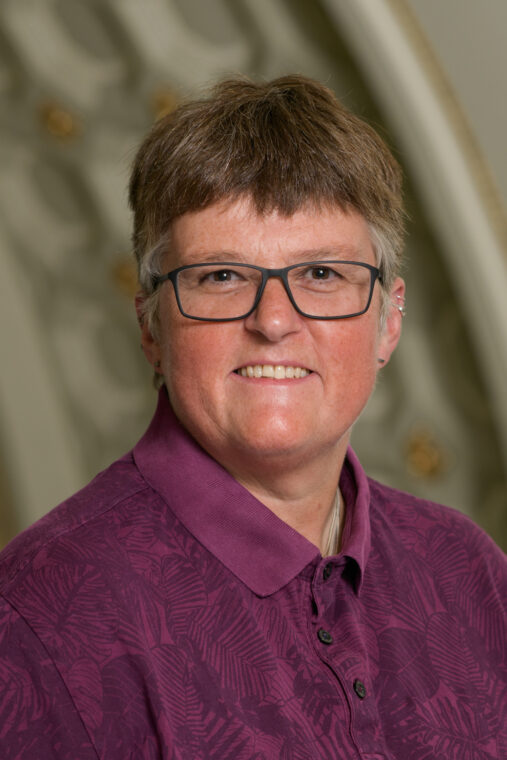
Lawson studies the influence of stomatal behavior on plant productivity and water-use efficiency, manipulating stomatal anatomy and function to produce crops that are more resilient to environmental changes, including higher temperatures and drought. She also focuses on developing new phenotyping tools to optimize plant growth in controlled environments, including vertical farms. She is an affiliate of the IGB.
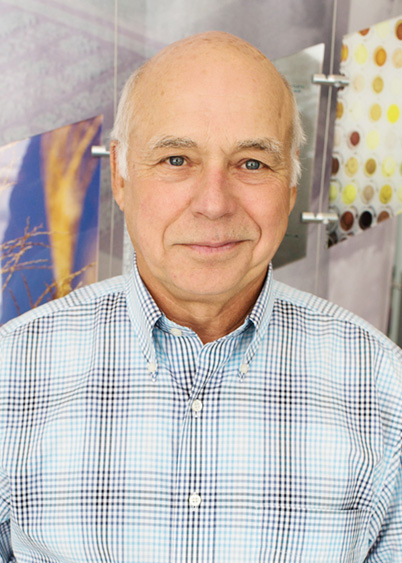
Ort's research focuses on improving photosynthesis and addresses crop responses to global change including rising carbon dioxide levels, temperature stress and drought. He directed the open-air agricultural laboratory SoyFACE, led a Genomic Ecology of Global Change theme at the IGB, served as a research director of the Center for Advanced Bioenergy and Bioproducts Innovation and was deputy director of the international research project Realizing Increased Photosynthetic Efficiency.
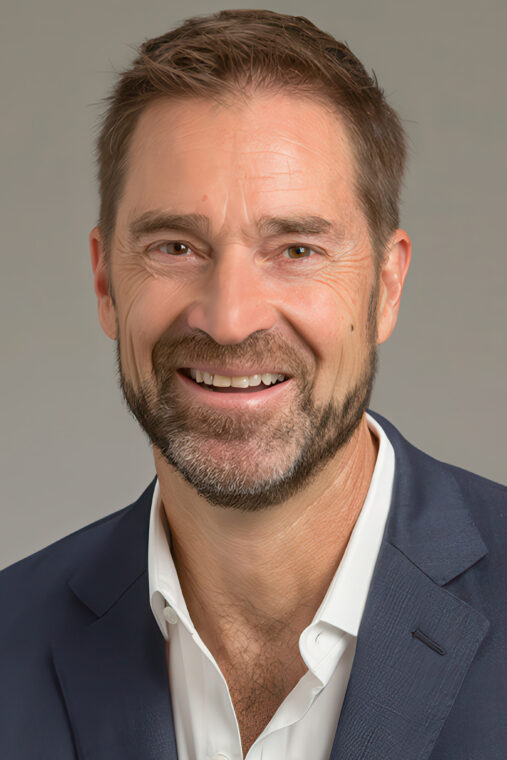
Roberts specializes in the field of personality psychology and studies continuity and change in personality throughout adulthood, with an emphasis on understanding the factors that influence change. His recent research focuses on assessing and building social, emotional and behavioral skills. He also is a professor of biomedical and translational sciences in the Carle Illinois College of Medicine, a Center for Advanced Study professor, and an affiliate of the Center for Social and Behavioral Science and the IGB.
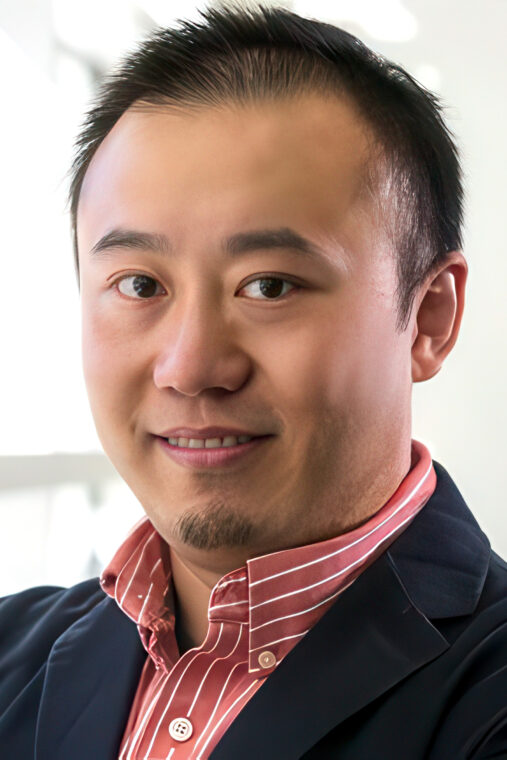
Sun uses artificial intelligence to improve health care, drug discovery, clinical trial optimization, computational phenotyping, clinical predictive modeling, treatment recommendations and health monitoring. He also is a professor in the Neuroscience Program, the Coordinated Science Lab and in biomedical and translational sciences at CICOM.
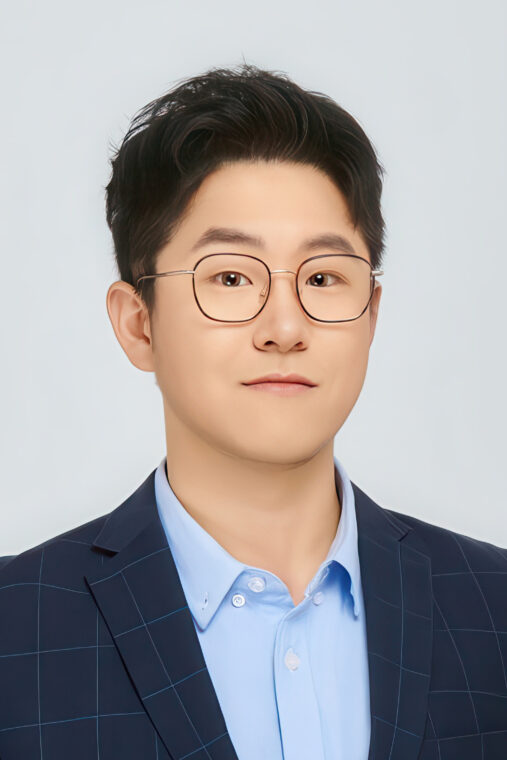
Boxuan Zhao's laboratory develops and applies new sequencing technologies to map how the mammalian brain is wired, exploring the underlying principles of how neurons form connections and identifying connectivity changes induced by experiences, behaviors and brain disorders. He incorporates transcriptomics and proteomics data into the structural map to clarify the underlying molecular mechanisms causing these changes. He also is a professor in the Neuroscience Program and an affiliate of the IGB.
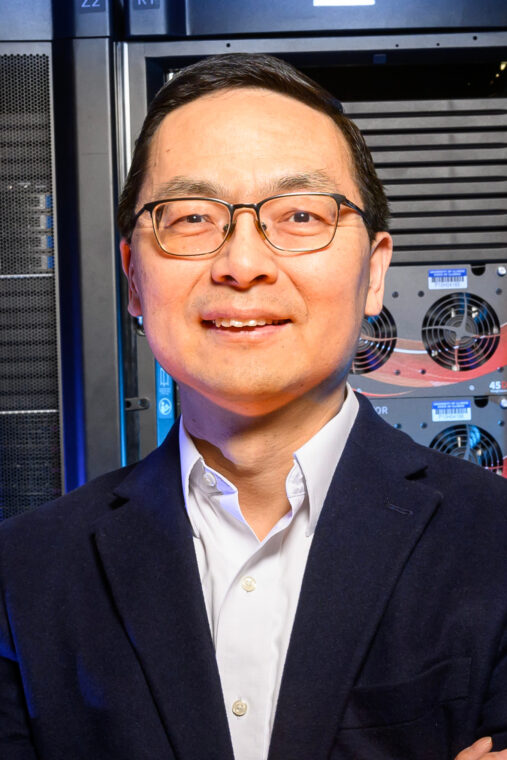
Huimin Zhao develops and applies synthetic biology, artificial intelligence and laboratory automation tools to address challenges in human health, sustainability and energy. His main research focuses on the development of an AI-powered self-driving biofoundry for protein engineering and cellular engineering. He is the director of three concurrent National Science Foundation research centers at the U. of I, including the Molecule Maker Lab Institute, the iBioFoundry and the Global Center for Biofoundry Applications. He also is an affiliate of the chemistry, biochemistry and bioengineering departments; the Center for Biophysics and Quantitative Biology; and the IGB.
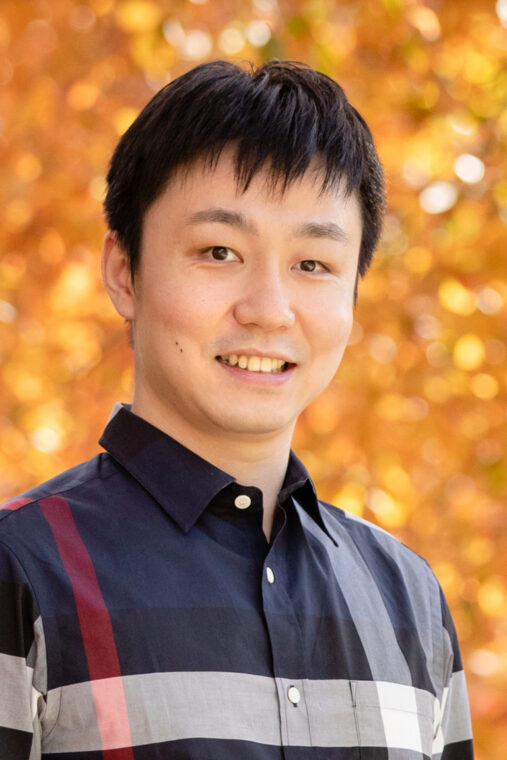
Lei Zhao's research focuses on the physical and engineering processes in the atmospheric boundary layer, with a particular focus on built surfaces and urban environments. He combines theory, Earth system modeling, remote sensing and in situ observation, and AI/machine learning methods to study land-atmosphere interactions and environmental fluid mechanics that relate to urban climate and climate change, and urban sustainability and resilience. He is an affiliate of climate, meteorology and atmospheric sciences and a professor in the iSEE and in the NCSA.
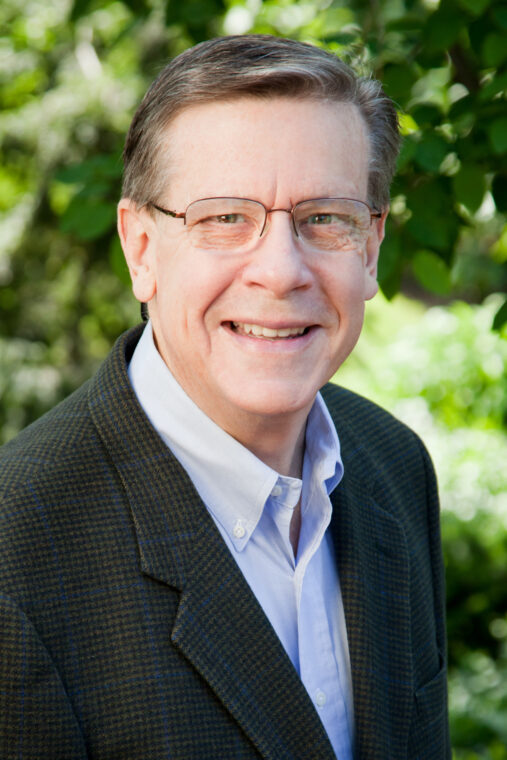
Diener, who died in 2021, was a social psychologist and a leader in the field of positive psychology, which focuses on the factors promoting happiness and well-being. In the mid-1980s, he and colleagues developed the Satisfaction with Life Scale, and in 2009 the Flourishing Scale, both designed to gauge happiness - which he called "subjective well-being" - in a methodical, repeatable manner.
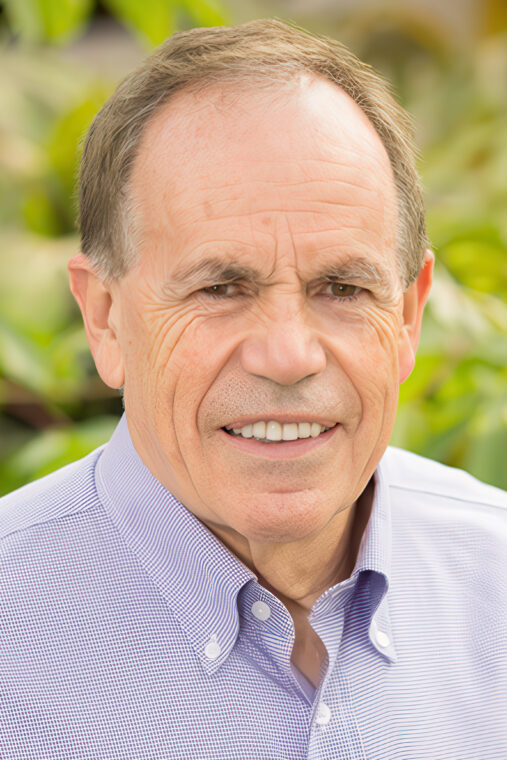
Long, who died in September, used computational and bioengineering approaches to improve photosynthetic efficiency in crop plants and to address the effects of climate change on crop physiology and yields. He founded RIPE, a multinational project to increase crop production. He was the founding editor of the journal Global Change Biology, and was invited to give a TED Talk about his work in 2023. He was a professor in the IGB, and an affiliate of the NCSA and the Center for Advanced Study at the U. of I.






